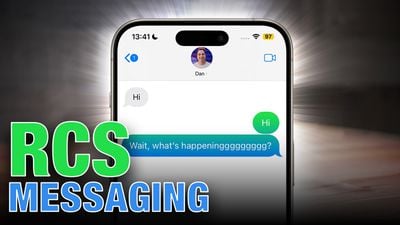As expected, YouTube has announced the expansion of its $7.99 a month Premium Lite plan to the United States, following a months-long pilot phase in international markets. The new, lower-priced version of YouTube's paid video subscription service functions largely without ads, though music videos on the platform continue to include them.

Today we'll begin expanding our Premium Lite pilot to users in the US. Premium Lite gives viewers a new, more affordable way to enjoy most videos on YouTube ad-free for $7.99 per month. In the coming weeks, we'll also make Premium Lite available to all users in our current pilot countries - Thailand, Germany, and Australia.
According to the Google subsidiary, YouTube Premium Lite is aimed at people who want to consume podcasting, make-up, gaming streams, tutorials, and other core creator content on YouTube that is distinguishable from music.
It's important to note that the new Premium Lite plan does not include the ability to download and background play YouTube videos on devices. For users who want ad-free music on YouTube and YouTube Music, plus offline and background play, YouTube continues to recommend its Premium plan ($13.99 per month).

YouTube said it will continue to expand its Premium Lite pilots to additional countries this year and introduce more ways for users to get the most from their subscriptions. YouTube also revealed today that it now has over 125 million users worldwide who subscribe to YouTube Premium or YouTube Music.





 Note: MacRumors is an affiliate partner with Amazon. When you click a link and make a purchase, we may receive a small payment, which helps us keep the site running.
Note: MacRumors is an affiliate partner with Amazon. When you click a link and make a purchase, we may receive a small payment, which helps us keep the site running.
 Note: MacRumors is an affiliate partner with Best Buy. When you click a link and make a purchase, we may receive a small payment, which helps us keep the site running.
Note: MacRumors is an affiliate partner with Best Buy. When you click a link and make a purchase, we may receive a small payment, which helps us keep the site running.




















